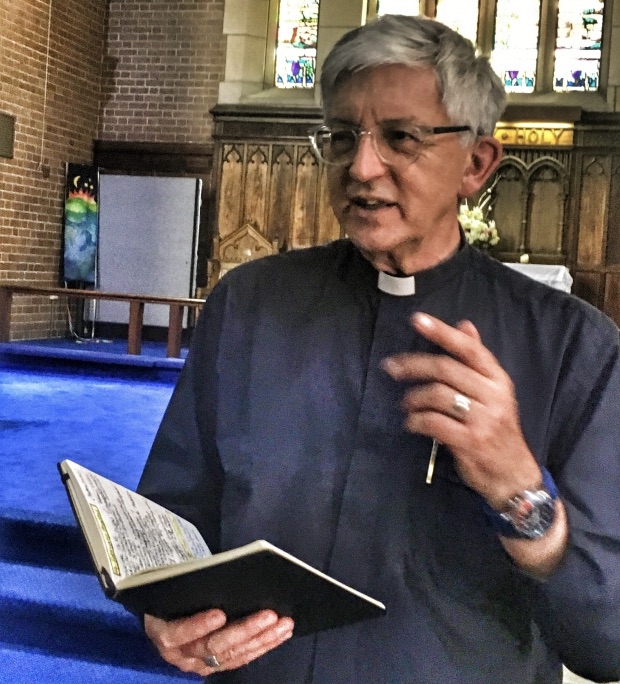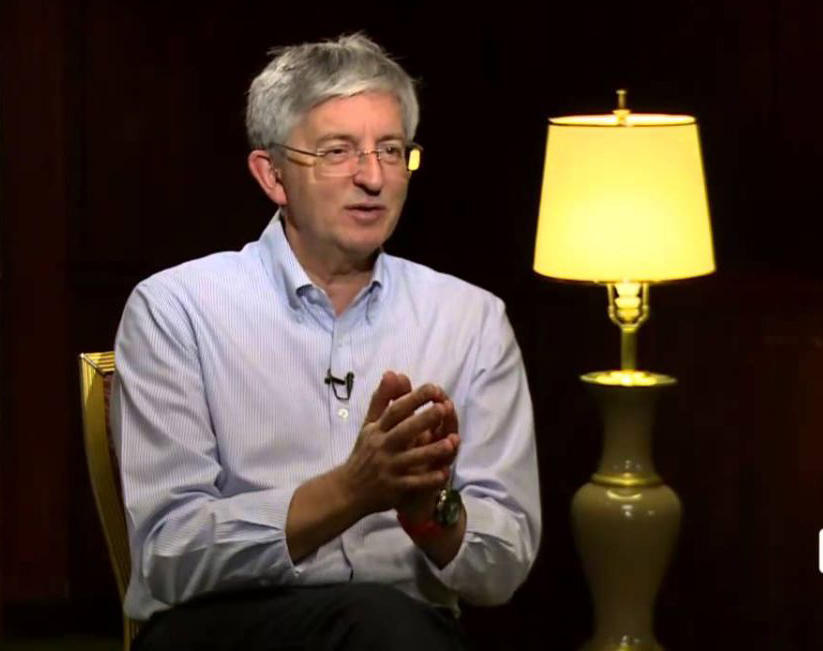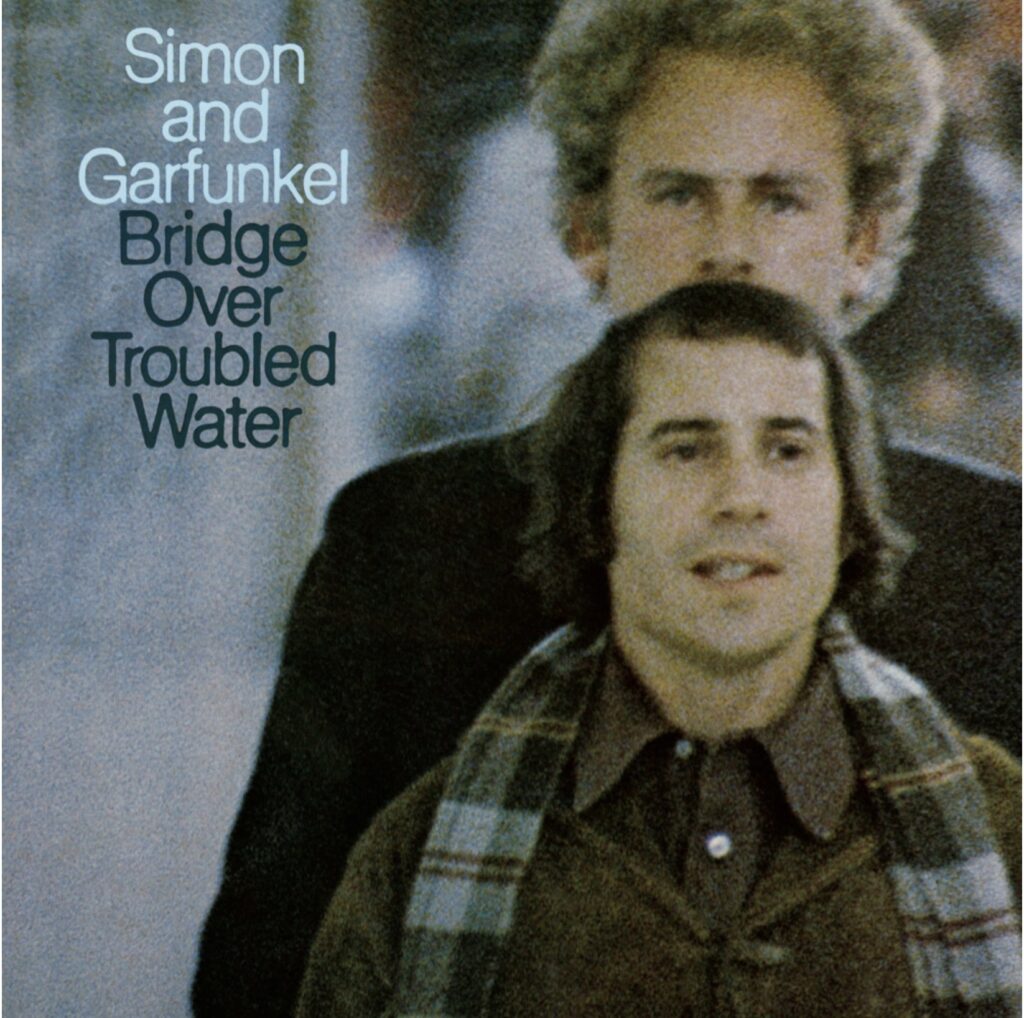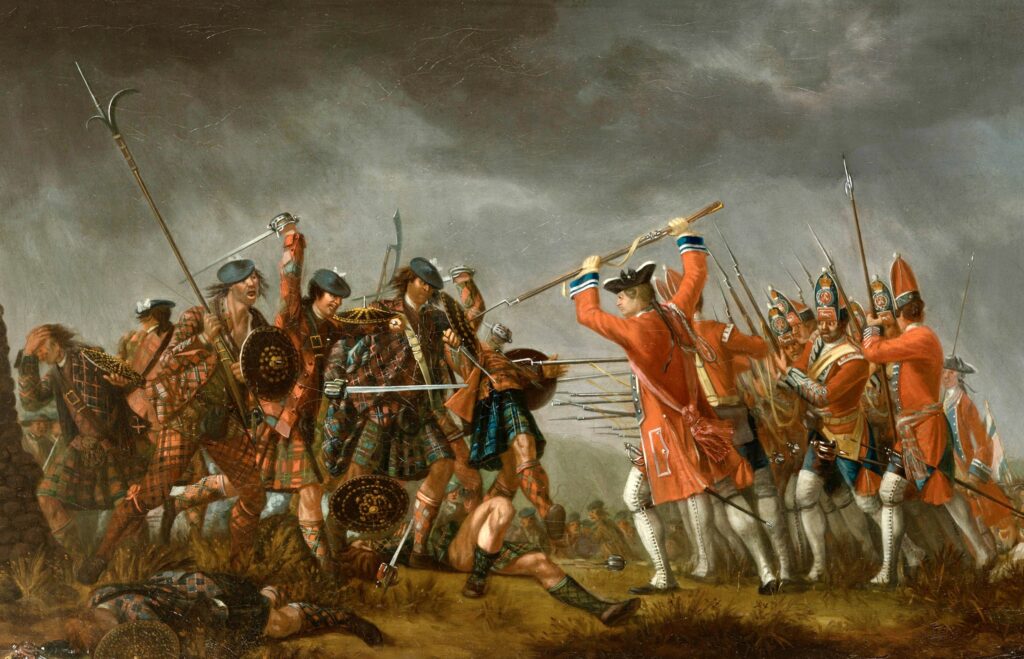
When you find yourself in deep trouble, when the rubber has hit the fan, it really does not matter whose fault it was or what caused it. All you really want is someone to help, someone to understand, someone to get you out of trouble. You see dying people, broken people, hurt people, used and abused people, don’t need theological explanations, or self-help tutorials, they need practical help, not next month, not next week, but today, right now, this very minute.
In Matthew 15 we meet a mother. A desperate mother. A mother with a sick child. Imagine that you’ve carried this baby in your womb for nine long months. You’ve been through the excruciating pain of childbirth. You’ve nursed her, fed her, washed her, changed her. Watched her grow, take her first step, say her first word. You can still remember her first day of school. How pretty she looked in that dress. The first time you let her out of your sight. She’s your little girl.
Continue reading







